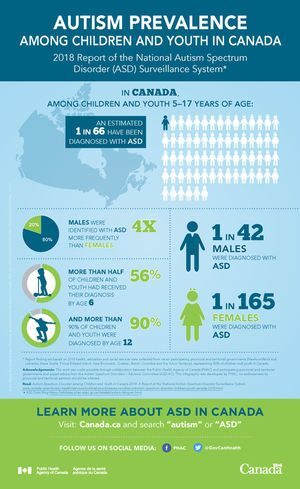Filmed at ACT’s 14th Annual Focus on Research Conference – April 4, 2018
This presentation is followed by Understanding the Needs of Girls and Women on the Autism Spectrum.
In this thought provoking presentation, Dr. William Mandy shares his research into the characteristics of autism in females, the implications for diagnosis, and ways of improving recognition, with a focus on practical ways of improving clinical and educational practice. This presentation is deeply informed by Dr. Mandy’s clinical experience, as well as his research, he offers a compassionate perspective on the barriers faced by women and girls when they are not offered the self-awareness and family understanding that can accompanies a diagnosis. Also covered are myths about autism; new research into gender ratios and the impact of “camouflaging” on diagnosis of women and girls.
William Mandy, PhD, DClinPsy
Dr. William Mandy is a clinical psychologist and senior lecturer at University College London, UK. Dr. Mandy’s research aims to improve the recognition of autism, and to develop new interventions to help autistic people. A particular research interest is improving the identification and care of females on the autism spectrum, who are currently at high risk of going unnoticed and under served by clinical and educational services.
Part 1: A (very brief) introduction to autism
Part 2: Myths About Autism
Common myths:
- Autism is rare
- Most people with autism have a learning disability (IQ under 70)
- Autism is just about having difficulties
- Autism is a categorical disorder
Part 3: What is the Gender Ratio in Autism?
Is there a diagnostic bias against females?




